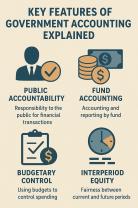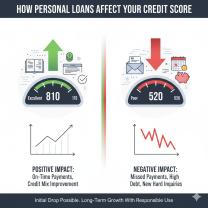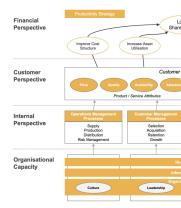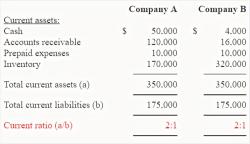Do you need a debt counselor?
Considering debt counseling is wise if you're facing challenges managing your debt. Here are some signs that might indicate the need for debt counseling:
Difficulty Paying Bills: Struggling to make minimum payments on your bills or loans each month is a significant red flag. If you find yourself frequently juggling due dates or paying bills late, it might be time to seek help.
High Credit Card Balances: Accumulating high balances on credit cards and only making minimum payments can lead to increased debt due to high-interest rates. If your credit card balances are consistently high, it could indicate financial trouble.
Using Credit for Necessities: Relying on credit cards or loans to cover basic living expenses, such as groceries or utilities, rather than using them for convenience, might signify financial strain.
Maxed-Out Credit Cards: If you've reached or exceeded the credit limits on your cards, it's a sign that your debt levels are high and potentially unmanageable.
Persistent Calls from Creditors: Receiving frequent calls or notices from creditors or collection agencies about late or missed payments is a clear indication of financial difficulties.
No Savings or Emergency Fund: If you have no savings or emergency fund and you're unable to set aside money for unexpected expenses, it suggests financial instability.
Stress and Anxiety: Feeling overwhelmed, stressed, or anxious about your financial situation is a significant emotional sign that you may benefit from professional guidance.
Ignoring Financial Statements: Avoiding or ignoring bank statements, bills, or financial documents because they stress you out is a warning sign that your finances might be out of control.
Continuous Use of Borrowed Money: If you're continually borrowing to repay other debts or resorting to payday loans or cash advances, it could indicate a debt cycle that needs to be addressed.
If you recognize several of these signs in your financial situation, seeking the help of a certified credit counselor or financial advisor can provide valuable guidance. They can assist in creating a personalized plan to manage debt, develop a budget, negotiate with creditors, and provide financial education to improve your financial health.
How do you determine if you require the services of a debt counselor?
If you're struggling to manage your debt, there are a few signs that may indicate you need the help of a debt counselor. Here are some of the most common indicators:
You're not able to make your minimum payments on time. This is a major red flag that you're in over your head financially. If you're consistently late on payments, you're not only damaging your credit score but also increasing the likelihood of late fees and penalties.
You're using more than 20% of your available credit. This is a benchmark set by credit agencies to indicate that you're overextended. Exceeding this limit can further hurt your credit score and make it more difficult to borrow money in the future.
You're carrying high-interest debt, such as credit card debt. If you have a lot of debt with high interest rates, you're losing money every month simply by carrying the balance. A debt counselor can help you explore options to consolidate or refinance your debt at a lower interest rate.
You're experiencing financial stress that's affecting your mental and emotional health. If you're constantly worrying about your debts, it can lead to anxiety, stress, and even depression. A debt counselor can provide support and guidance to help you manage your debt and improve your overall well-being.
You're considering bankruptcy. If you're feeling overwhelmed by your debt and don't see a way out, bankruptcy may seem like an option. However, it's important to speak with a debt counselor before filing bankruptcy, as there are often other options available.
A debt counselor can provide you with a free consultation to assess your situation and recommend the best course of action. They can help you create a debt management plan, negotiate with creditors to lower your interest rates or payments, and provide financial education to help you avoid future debt problems.
Here are some additional tips for determining if you need the help of a debt counselor:
- Take a close look at your finances. Create a budget and track your income and expenses to see where your money is going. This can help you identify areas where you can cut back and free up more money to pay down debt.
- Consider your credit score. Check your credit report and score to see how your debt is affecting your creditworthiness. A low credit score can make it difficult to borrow money or secure certain loans and housing options.
- Talk to your family and friends. Get their honest perspective on your financial situation and whether they think you could benefit from professional help.
- Seek professional advice. Consult with a credit counselor, financial advisor, or bankruptcy attorney to discuss your options and get personalized guidance.
Resolving your debt problems can take time and effort, but it's important to remember that you're not alone. With the right help, you can develop a plan to get your finances back on track and improve your financial well-being for the long term.













